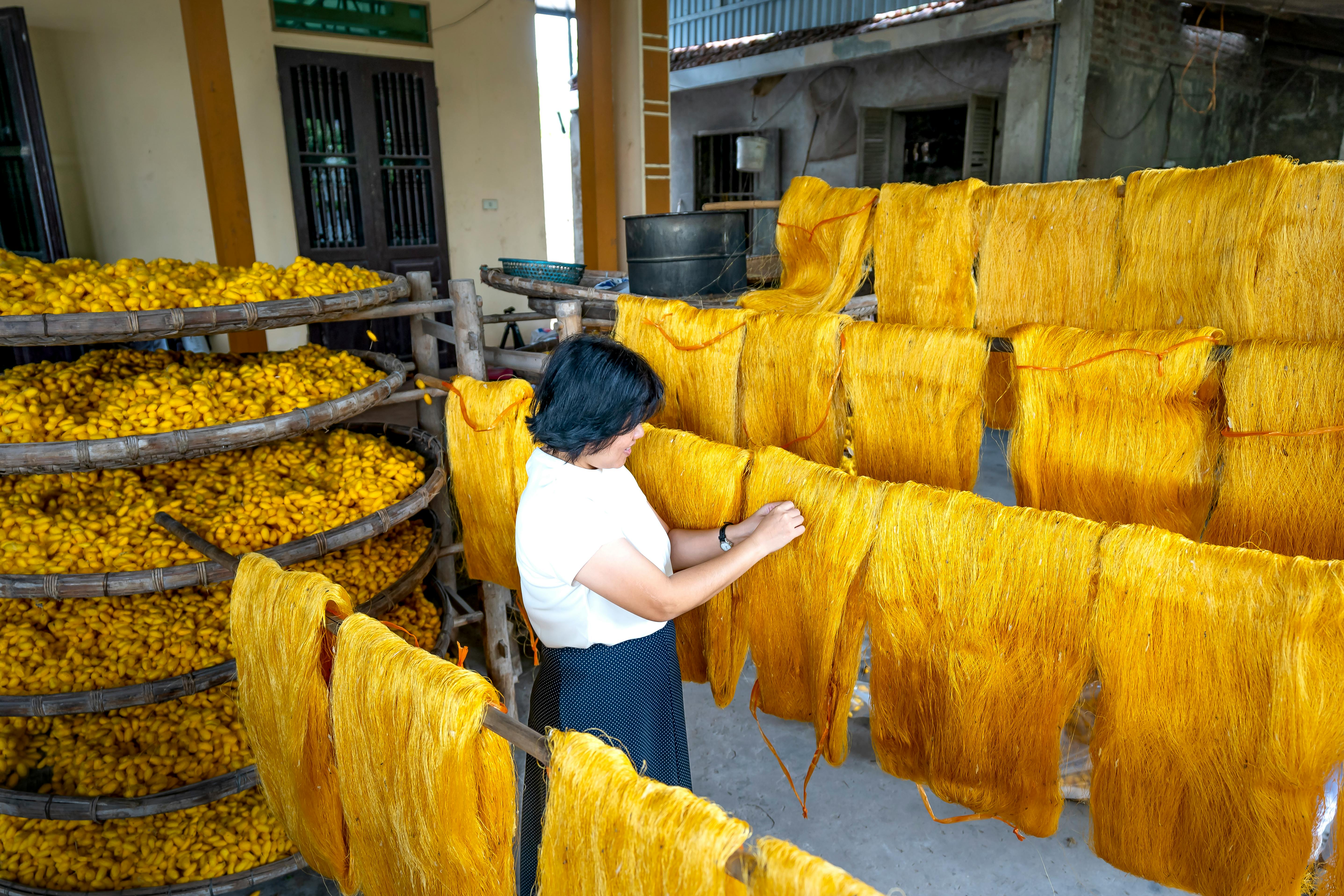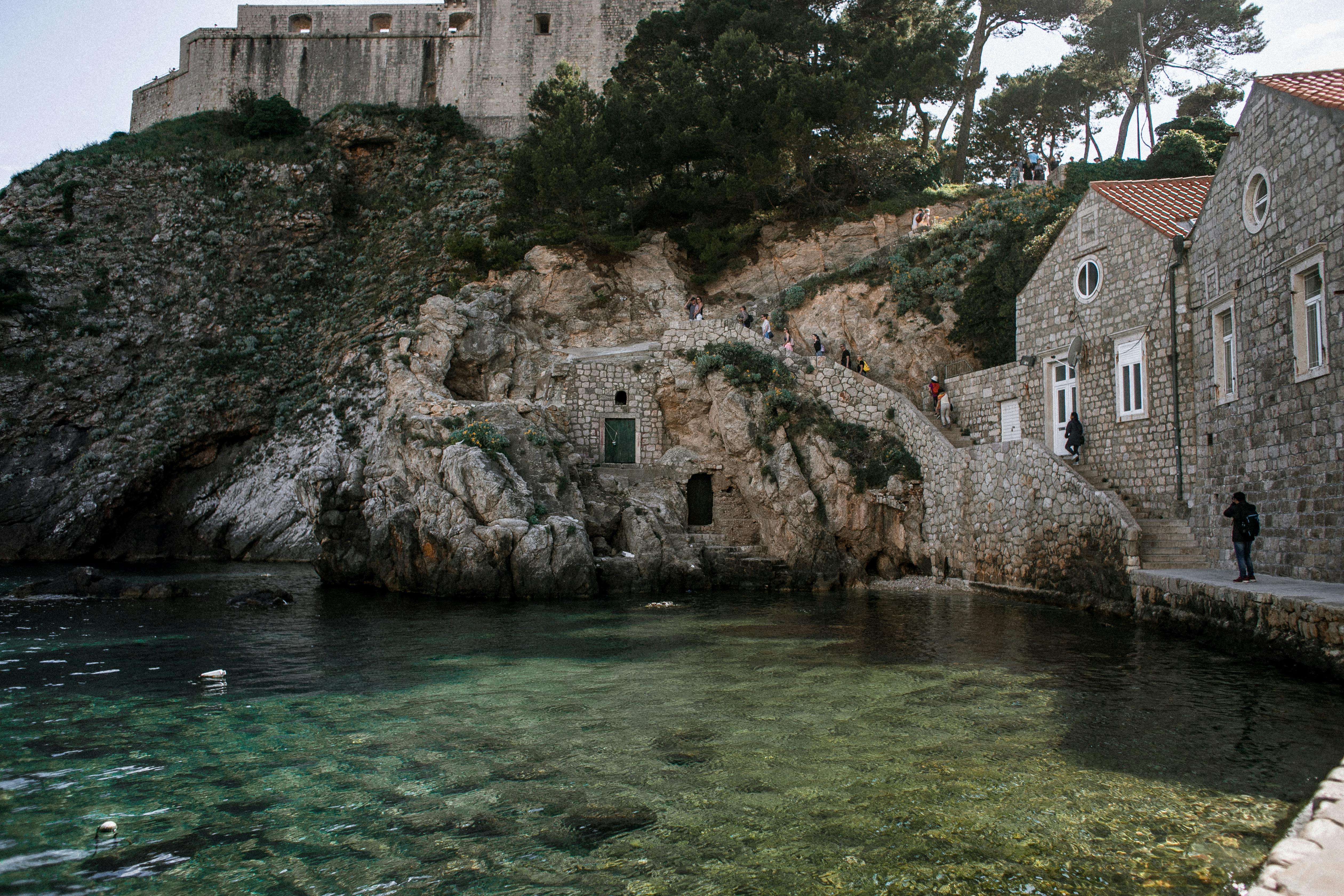The accidental feminists
I was born on a Monday while my father was playing golf. He was always proud to tell me that. My dad was a salesman—self-made and opinionated. My mother was a clever underground domestic and industrial economist. I can still see the two of them dancing Que Sera Sera on the linoleum floor of our newly built suburban home. They danced through the moon landings, Camelot, free love and the breaking of the genetic code. From my view of the stairway between the balusters, I witnessed the gender gap shift and the “hug and sway” of a cultural revolution.
“What do you want to be when you grow up Patricia?” It was the $64,000 issue of my childhood. I always had the urge to reply ‘How the hell should I know? I’m six years old,’ but I held back and smiled as little girls were expected to. I remember marveling at this curious notion that I could ‘be’ whatever I wanted to be. How was that possible? I couldn’t control what I ate, what I wore, or even what time I went to bed. My mother and I were locked in a persistent fight over puffy sleeves, flowery overalls, and patent leather shoes. How could it dictate my future?
I realize now that when I was asked this question in the late 1960s, I was at the forefront of social change. In 1968 there were 28.7 million women in the workforce and the majority were secretaries, stenographers and typists. Most of the clerks, waitresses, domestic staff, and cooks were also women. But young women were entering the corporate workforce en masse. They were earning college degrees and enrolling in graduate school at the fastest rate in history, and their expectations for the future were changing. Suddenly, women were able to pursue careers in business and management like never before.
So, I was a child in a moment of dramatic transformation perfectly captured in the small talk of mothers having lunch at Macy’s or online at the bakery. Unfortunately, my father did not treat me any differently than my brothers. A small business owner, he saw no gender lines. The women ran his office and my mother ran his books. I remember him telling me over and over that there was nothing he couldn’t do, if I put my mind to it. Her other famous speech was “finding a hole in life.” This was important to him. You may not always get what you want, and you may not always want what you get, but my father felt it was critical that you claim your right to the world and commit to it.
This notion of self-determination was reiterated by my Irish grandfather, whom I remember sitting on the beach at The Warren Hotel in Spring Lake, New Jersey, with a “highball” declaring this to be the best country in the world. He didn’t know or care that the drinks brought by the hotel staff cost my father money. And for his part, my father perpetuated this notion of America as the land of plenty and never told “Pop” that drinks weren’t free.
My mother was a housewife. All the mothers of my friends were housewives. They were wonderful women, but I couldn’t imagine making a home and putting up with children like us. So, I dreamed of being a diamond dealer like my dad’s friend Red Haberman, or selling boar’s head meats like Neal Darragh, his other friend, who had the biggest black and red truck I’d ever seen, complete with a giant boar’s head painted on the side.
I had a brief “I want to be a flight attendant” moment that my American grandmother made me promise never to voice again. “Tell me you want to be the pilot!” she said with extraordinarily wide eyes and her hands firmly squeezing my shoulders. The prospect of becoming a business tycoon, an international spy, and even an astronaut also came to mind. There seemed to be absolutely no reason why he couldn’t go where no girl had gone before.
And then there was the year she wanted to be a nun. Apart from the vow of poverty, the dress, the veil and the robe, I felt that I could do that. The idea of sitting around neat wooden tables and eating Entenmann’s coffee cake was tremendously appealing. The nuns at my elementary school painted a peaceful and hopeful picture of humanity. It was so different from the infuriating playground at St. Margaret’s School, where I was routinely ostracized for not liking the Bay City Rollers. “Look, I told you he was a freak,” Diane Kavanagh declared as she bounced around with her parish school folds swinging on her knees. I didn’t have time for a foreign band in funny pants and knee socks. I had to find out what I wanted to be.
My cognitive and intellectual development was forged on rainy summer evenings during marathon sessions of Candyland™ and Kerplunk™ sitting Indian style on the garage floor. And, as I rode my banana-seat bike up and down Sandra Lane, a quiet street tucked into a small cul-de-sac in suburban New York, I found myself at America’s sociopolitical crossroads. I was ‘The Mod Squad’ and sugar free sodas. I was Five Easy Pieces, 60 Minutes, Fleetwood Mac and Aretha Franklin. She was stubborn and defiant, tomboyish and nonconformist, and in every way a child of my time.
He was not aware of everything that was happening in the world at that time, but he knew that there was a terrible war going on. I remember my grandmother’s neighbor on Long Island and the ominous morning when three men with a folded flag came up the front steps. His oldest child had just left for Vietnam. His name was Juan. He was small arms fire. He was 20 years old, and I can still see the picture of him on his living room wall to the left of the china cabinet. I never looked at that house the same way again. Years later, she still thought of John as he peered through the hedge. What did he want to be when he grew up?
The truth is that life takes us in its own way. Robert Burns famous phrase to a mouse:
The best schemes of mice and men.
Go often crooked,
and leave us nothing but grievances and pain,
For the promised joy!
You’re still hurt, compared to me!
The present only touches you.
The poem is a famous apology to a mouse whose nest the writer disturbs while plowing a field. Burns finally believes that the mouse has the easiest life. He lives in the present, whereas humans are a continuum of all past things. We are a derivative of our collective consciousness, intended or unintended. The mouse never had to suffer in the days before the pocket calculator and the smartphone. I wasn’t dealing with shoulder pads and pucks. He was oblivious to The Cold War, Jonestown, Charles Manson and The Son of Sam. And, amidst the tumult and chaos of the countryside, the mouse was never asked what he wanted to be.
Now I risk sounding like my six-year-old self asking my grandmother what things were like before automobiles existed. When she arrived in New York from Ireland, she wasn’t checking out Car Fax for the best deal on a Tesla or waiting for a freshly vacuumed Uber to go to the guest house. She was just trying to slip smoothly into the domestic life of a Greenhorn. She was grateful not to be noticed and relieved not to stand out. At nineteen, I was still deciding on my college career, while she was gambling everything on a transatlantic steamship, hoping the world would be brighter on the other side.
When I look at human existence through their eyes and the sheer weight of those transformative choices that are often made with our backs to the wall, I realize that they matter the most. My grandmother, my mother, my aunts, and all the women in my younger life did not have the luxury of endless options and gender-neutral aspirations. They were the pragmatic humanists and the accidental feminists who believed that “whatever will be” while methodically clearing away the conventions, restrictions, limitations, and heavy clutter of the past. From The Feminine Mystique to The Girl with the Dragon Tattoo… this was the Days of Our Lives. We’ve come a long way baby, haven’t we?



Recent Comments